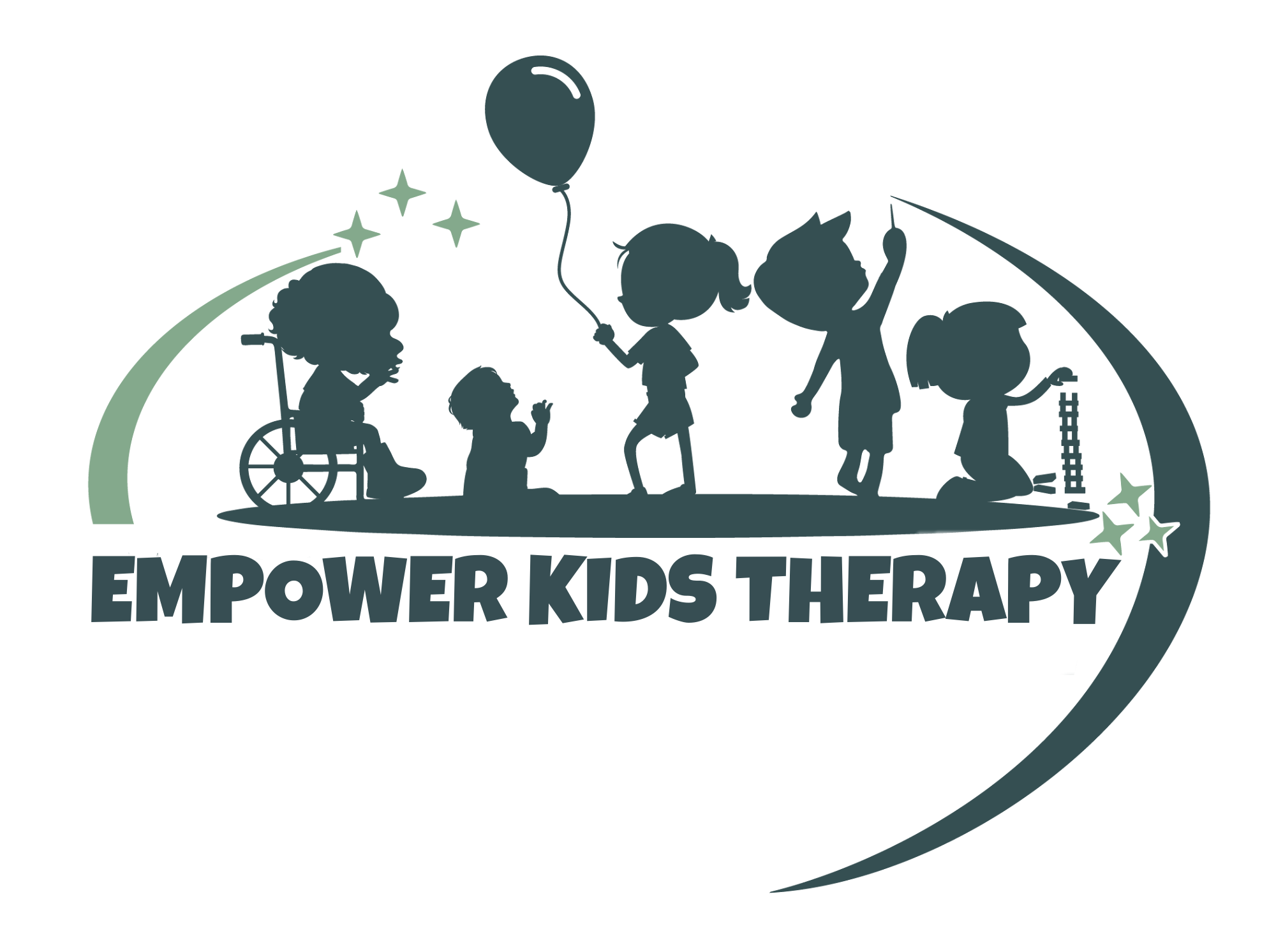Ever hear this from your child and thought, “I barely touched you”?
It might be that their tactile system is on overdrive. Let me explain:
Tactile defensiveness is caused by a heightened sensitivity to touch sensations. Touch that typically developing systems would inhibit.
This is a subtle, but seriously impactful condition. Children with tactile defensiveness are often super active, and distractible. They are using movement and behavioral distractions to avoid and distract themselves from the sensations felt by their body.
Both of these factors also impact the learning process as their brains are unable to think about content as they are focused on the feeling of their body. There is a tendency for these children to react negatively and emotionally to situations. Their capacity for change and unpredictability is small.
Most are able to register tactile input, process it, and inhibit it so it is no longer sensed. But not tactile defensive children. Their system is constantly registering, and processing the input. This input is deemed harming by their sensory systems, and they are put into fight or flight.
Did you know that the tactile system begins responding a few month into the womb?

Your child’s sensitivity to touch is not due to a lack of affection!
Tags, jackets long sleeves, wet clothes, washing hands, wearing socks, brushing hair, and even hugs can bother a child with a heightened tactile sensory system.
So what can you do as a parent?
- Acknowledge and validate you child’s sensitivities
- Use more firm touch during engagement, and only when necessary
- Gradually increase new exposures during fun play. You can use colored water or sand, or use a tool as a barrier with new tactile experiences.
- Encourage child-directed engagement. You should never force a child to engage with material they deem sensitive.
If you child has more concerning needs related to tactile input, give us a call to discuss. We’d love to problem solve new ways to help!











